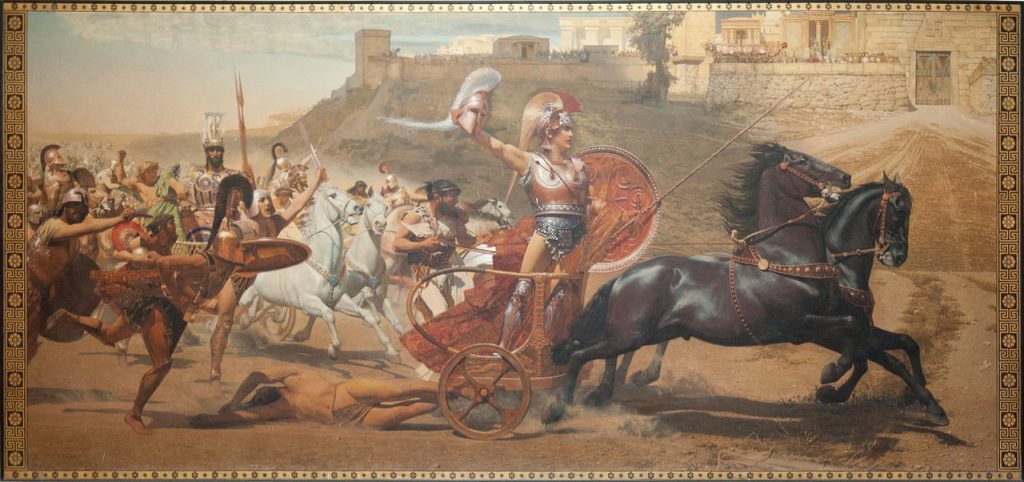
Mark Bauerlein, an English professor at Emory University, writes in the Chronicle of Higher Education about the course W.H. Auden launched at the University of Michigan in 1941. It’s 6,000 pages of the most powerful literature in the canon: The Divine Comedy in full, four works of Shakespeare, Pascal’s Pensées, Horace’s odes, Volpone, Racine, Kierkegaard’s Fear and Trembling, Moby-Dick, The Brothers Karamazov, Faust, Baudelaire and Rimbaud, Kafka, Rilke, T.S. Eliot. Auden even included nine operas.
A year-long, team-taught version of Auden’s course, with some additions and subtractions, opened at the University of Oklahoma last fall, and all slots were filled within minutes. Visiting that class, Bauerlein found the students taking delight in the Western canon” and holding fast to themes of little currency in the research world: destiny, God and “the gods,” a meaningful life, authority.
He wrote in the Chronicle: “I advise the traditionalists to try the Oklahoma way. Design your Western-civ or Great Books course and ramp it up to Auden levels. Be frank about the reading challenge. Boast of the aged, uncontemporary nature of the materials.
Highlight the old-fashioned themes of greatness, heroism and villainy, love and betrayal, God and Truth, and say nothing against intersectionality and other currencies. Your antagonists are mediocrity, youth culture, presentism, and the disengagement of professors and students. You occupy a competitive terrain, and your brand is Achilles, Narcissus, the Wyf of Bath, Isolde, and Bigger. Let’s see what happens. Let the undergrads decide.”
I hope it includes Thucydides “Peloponnesian War” It is so insightful on the causes of war.
Please accompany this course with outreach to employers hiring graduates as to how valuable such courses are for their future employees who will develop great character. If they face difficulty, even a crisis and unfairness in their career or life they will be able and want to overcome these difficulties with a heroic historical perspective and will inspire those around them. In contrast, students who embrace the paradigm of victimhood and entitlement that are championed in many elite colleges will not likely react in such positive ways to such challenges.